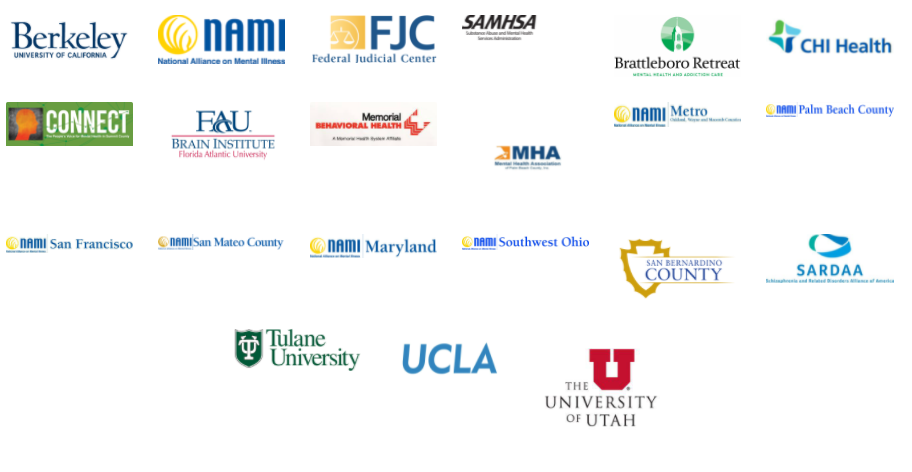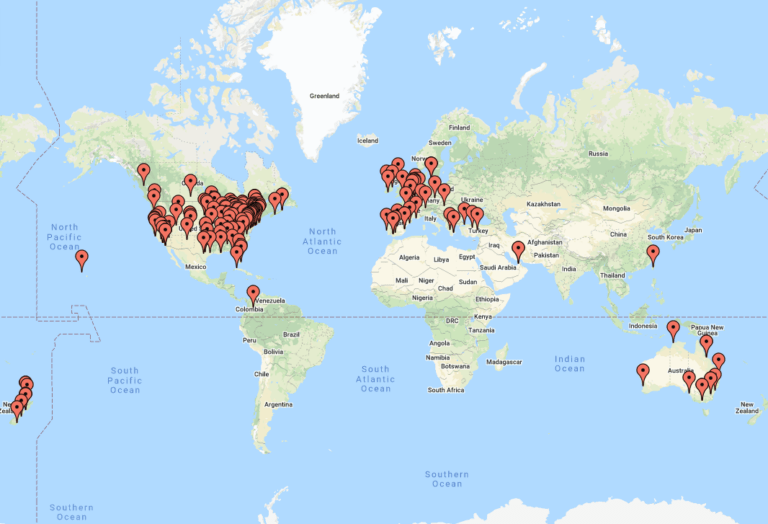What is LEAP?
LEAP (Listen-Empathize-Agree-Partner®) helps you create relationships that lead to treatment, even when the person is suffering from anosognosia- and does not believe s/he is ill.
LEAP is an evidence-based communication program that turns adversaries into partners.
Listen-Empathize-Agree-Partner ®
LEAP is an evidence-based approach that shows you how to quickly gain the trust of someone you are at odds with.
Transforming the relationship first
Your opinions are no longer like a lot of hot air and are more like the wind in a sailboat’s sails that moves the person where you want him—to safe harbors.
For any relationship
LEAP is for any relationship, but it also gives you the tools you need to persuade someone in “denial” to accept treatment and services- even those with anosognosia.
Anosognosia: “I am not sick, I don’t need help!”
“I am not sick, I don’t need help!” Half of all people with serious mental illness say this, or something like it, because they do not believe they have any kind of disorder. This belief is a symptom of the illness called anosognosia. It is not denial.
LEAP focuses on transforming the relationship first
“You do not win on the strength of your argument, you win on the strength of your relationship.” You will listen in a new way that conveys respect for the person’s point of view and a complete lack of judgment. Sounds easy, but most people have a very hard time doing this simple thing. It is easy, once you learn LEAP.
Hear What People Are Saying About LEAP
Praise For the Dr. Amador’s LEAP™ Method
Past Anosognosia and LEAP Trainings
Dr. Amador has traveled around the world to train family caregivers, peer support specialists, and professionals involved in the care, recovery and safety of persons suffering from serious mental illness. Science-based education, training and other support are used to teach about serious mental illness (SMI), ANOSOGNOSIA (unawareness of illness), and how to more effectively help those suffering from these disorders. The goal: to create relationships that lead to treatment using the LEAP approach. For more on SMI and schizophrenia, see our resources page.
Previous Partners



